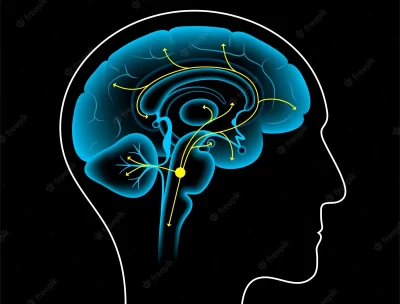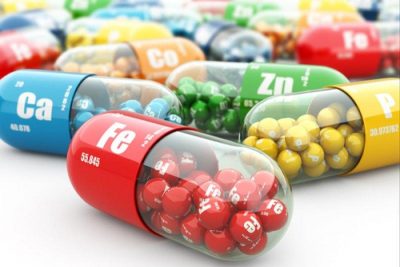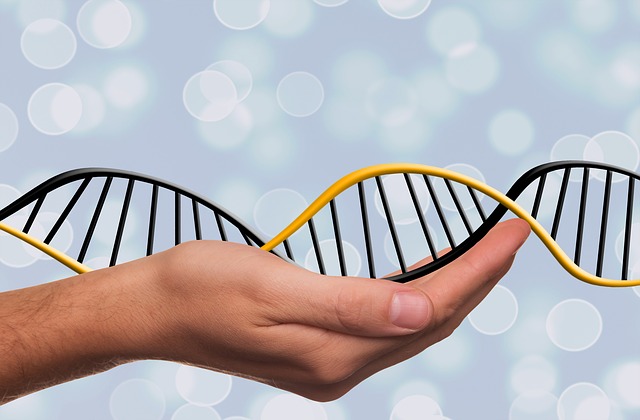What is Biochemistry?
Biochemistry is the study of the chemical processes that occur in living organisms.
It is a vast and complex field, but it can be broadly divided into main areas:
- Structural biology studies the structure and function of biomolecules, such as proteins, DNA, and RNA.
- Enzymology studies the mechanisms and kinetics of enzymes, which are biological catalysts that speed up chemical reactions.
- Metabolism studies the chemical reactions that organisms use to convert food into energy and build and maintain tissues.
- Cellular biology studies the structure and function of cells, the basic units of life.
- Endocrinology studies the pathways and actions of hormones in the body.
- Genetics is the study of DNA and the central dogma including replication, transcription and translation etc.
- Bioenergetics explains how our body utilizes the food and converts it into energy.
Biochemistry is a rapidly growing field, and new discoveries are being made all the time.
It is a vitally important field of study, as it provides insights into the fundamental nature of life and the causes of disease.
One of the most exciting recent developments in biochemistry is the field of proteomics, which is the study of proteins.
Proteins are the workhorses of the cell, and they play a role in virtually every biological process.
Proteomics uses a variety of techniques to identify and characterize proteins, and it has the potential to revolutionize our understanding of disease and the development of new treatments.
Another promising area of biochemistry is systems biology, which is the study of how individual molecules and cells interact to create complex biological systems.
Systems biology uses mathematical and computational models to understand how these systems function, and it has the potential to provide new insights into how diseases develop and how they can be treated.
Biochemistry is a fascinating and rapidly growing field, and it is likely to play an increasingly important role in our understanding of life and the development of new treatments for disease.
This site is especially designed to help the students of MBBS. All the topics are arranged in simplifies form for easy understanding of the students. Students can easily study all the topics in one place for better and conceptual learning.

Refsum Disease – What is the most important cause?
Biochemistry – The Biochemistry Online – Free Online Lectures for Medical, Dental and Allied Health Sciences students by the Biochemistry…

What are the Most Important Steps of oxidation in Peroxisomes?
The Biochemistry Online – Free Online Lectures for Medical, Dental and Allied Health Sciences students by the Biochemistry Club. Oxidation of…

What are the Most Important Abnormalities of Thyroid Hormones?
The Biochemistry Online – Free Online Lectures for Medical, Dental and Allied Health Sciences students by the Biochemistry Club. ABNORMALITIES OF…

What are the Most Important Effects of Thyroid Hormone?
The Biochemistry Online – Free Online Lectures for Medical, Dental and Allied Health Sciences students by the Biochemistry Club. METABOLIC EFFECTS…
Ask your teacher about a good reference book for Biochemistry. Read the topic carefully before the lecture. Listen to the lecture carefully and try to understand it. Mark important points and questions to be asked. Revise the lecture afterwards and make your own notes.
Always study from authentic Biochemistry books that are recommended by your teacher.
There are no Shortcuts in medical study so avoid any cheat books.
For detailed lectures for better understanding, please visit
House of Biochemistry (YouTube Channel)
Features of our Courses
All Biochemistry lectures are carefully prepared by the subject specialist and all essential points are elaborated.
All lectures are according to the syllabus especially for medical students & unnecessary discussion in excluded.
Biochemistry courses are free online.






